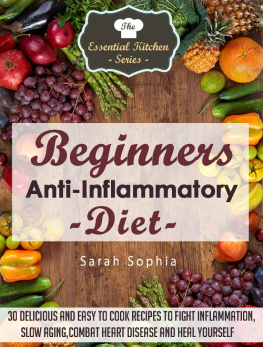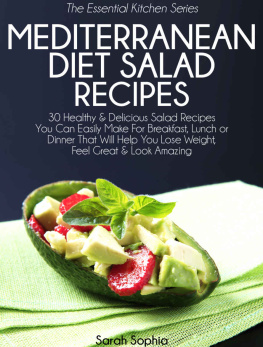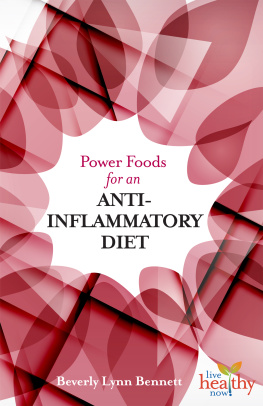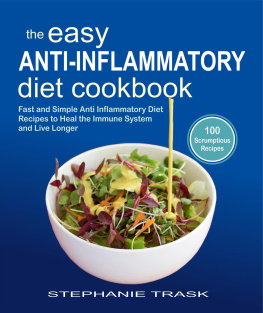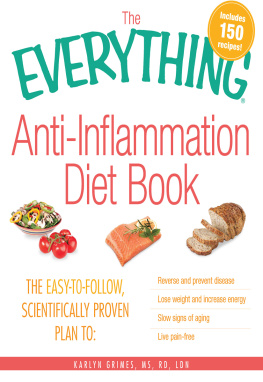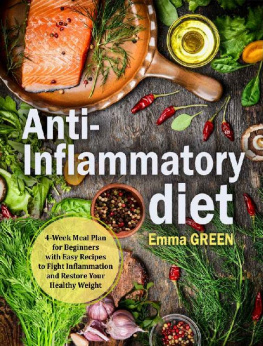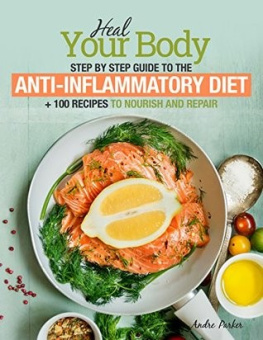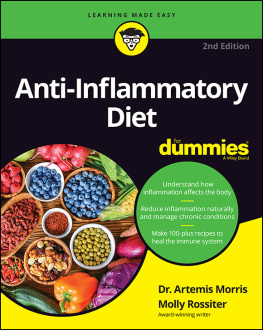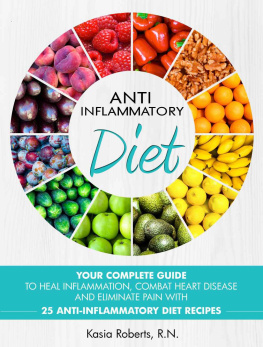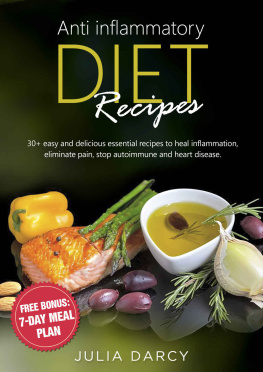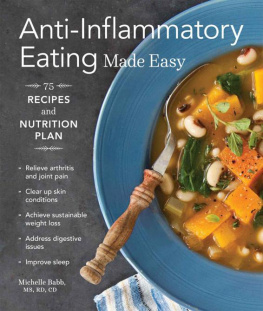If you are a frequent sufferer of constipation, diarrhea, orother types of stomach upset, then you may very well have an inflammatorydigestive disorder, such as ulcerative colitis, Crohns disease, or IrritableBowel Syndrome.
Along the samelines, if you have heartburn that reaches from your gut to your throat, evenafter you eat foods that shouldnt irritate your heartburn, that is anothersign you may have an inflammatory digestive disorder. If you suffer from joint pain, migraines, or other physical painnot related to your digestive system, high levels of inflammation elsewhere inyour body may still be a problem for you. Anti-inflammatory dieting can even help you battle Alzheimersdisease. This illness has beenlinked to inflammation in and around the brain; eating an anti-inflammatorydiet can help lower your risk for developing Alzheimers disease later on inlife. Aside from Alzheimers, inflammation has also been linked todepression and anxiety. Stress is asurefire way to increase inflammation in your body, and this can in turn causedepression.
Clearly, you are doingyour mind and body a favor when you follow an anti-inflammatory diet! Whatever you may be suffering from, physically or mentally, thereis a good chance that inflammation is the culprit. Why would you want to keep allowing itto control your life? Itseasy enough to change your way of eating to an anti-inflammatory lifestyle, andas long as you keep it up, youre sure to notice marked improvements inalmost no time! No matter how you look at it, the best way to prevent healthproblems long term is to make a change in the way you eat as soon as possible.
Chapter 2 - How To There are a few rules that must be adhered to for ananti-inflammatory diet to work. However, they arent too complicated once you get used tothem! In this section, you will beprovided with the basics for anti-inflammatory dieting, as well as tips on whatto eat and what to avoid. Here are some tips to remember when you are planning your diet:
Try to eat lots of varied fresh foods. The more variety you have, especially whenit comes to fruits and veggies, the better off you will be.
Aim for 2000 to 3000 calories per day. If you arent very active, or if you are smaller, you should be on the lowerend of this range.
Eat the right amount of each food group. Focus on a fat, a carbohydrate, and aprotein source in each meal.
Eat the right amount of each food group. Focus on a fat, a carbohydrate, and aprotein source in each meal.
If youare eating a 2,000 calorie diet every day, you should have 200 grams ofcarbs, 70 grams of fat, 100 grams of protein, and 40 gramsof fiber.Drink lots of teaand dontdrink coffee. Changing yourcaffeine source from coffee to tea can help you fight cancer and heartdisease. Green and white teas arethe best for you, but all teas have great health benefits. Take fish oil supplements along with your diet. Alternatively, you can consume oily fishtwice a week in your diet. Drink plenty of water. Any time you feel thirsty, grab waterinstead of a soda. Youll be doing yourself a favor bythis simple change alone!
What To Eat
On a daily and weekly anti-inflammatory diet, it is important tokeep track of the food groups you eat.
Fruits and Vegetables.Eat as many different colors as possible; try fresh instead offrozen or canned whenever possible.
Eat at least four servings of both fruits and vegetables per day, butmore if you can. Beans and Legumes.Eat one or two servings a day of these. They are a good fiber source, but toohigh in carbs to eat too much of every day. Whole grains.Enjoywhole grains three to five times a day for best results. Cracked grains are also acceptable. Pasta.Cookyour pasta al dente so that it is easier to digest and metabolizes more quickly.
You should only eat pasta, even wholegrain pasta, two or three times per week. Healthy Fats.Youcan get healthy fats from canola oil, olive oil, avocado, seeds, nuts, andflax. Enjoy these five to seventimes a day in the freshest forms possible. Seafood.Shrimp,scallops, salmon, cod, sardines, and tuna are all great sources of protein fromfish and seafood. Feel free toenjoy these two to six times per week. Soy.Enjoy soyonce or twice every day.
Soy isexcellent for helping reduce inflammation. You can use soy nuts, soymilk, tempeh, edamame, or tofu; if you cookwith soy sauce, use the low sodium variety. Eggs, Poultry, and Cheese.These protein sources are good foryou, but should be eaten in moderation. Enjoy eggs and cheese twice a week and poultry two or three times aweek. Herbs and Spices.Gonuts with these! Have as many herbsand spices as you like in your foods. Ginger and turmeric are great for inflammation, but garlic, cinnamon,and black pepper can work wonders as well.
Be sparing with salt, and use sea salt whenever possible. Tea.Two tofour cups a day will help you shed pounds as well as keep your bodyhealthy. Tea is full ofantioxidants that are amazing for your health! Optional.Youcan consume red wine once a day if you like, and plain dark chocolate twice aweek. These, however, are notrequirements.
What Not To Eat
Its easy to keep track of what you shouldeat, but remember that there are some foods you should absolutely never eat ifyou are hoping to fight inflammation successfully.
Trans Fats. Avoid trans fats whenever possible.
They are known for damaging bloodvessels, which causes even more inflammation. Hydrogenated oils are a common source oftrans fats, so be sure to check labels carefully. Sugar. Its okay to have a little bit of sugar,but try to limit it as much as possible. Instead, try to use honey or agave nectar to sweeten your foods (or tea). White Grains. These foods have been heavily processed and therefore become sugars inyour body when you consume them. Saturated Fats. These fats, commonly found in animal fats like red meat, alter the goodbacteria in your digestive system and can create even more inflammation thanyou already have. Most alcohols.Redwine once a day is good for your heart and great for your gut.

